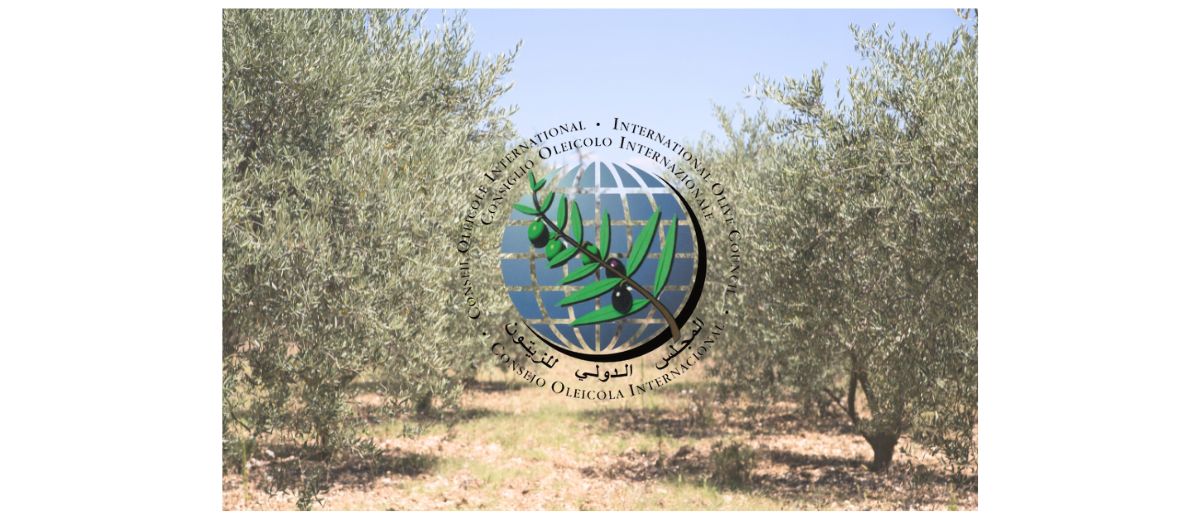Recent research conducted in Türkiye tackles the issue of the growing global population and the increasing importance of ensuring food security while also considering environmental concerns. The article underscores the impact of food production on the environment and stresses the importance of adopting sustainable and healthy dietary models for both human health and environmental well-being. In this regard, the Mediterranean Diet (MedDiet), which is characterized by a high intake of plant-based foods and olive oil and low consumption of red and processed meat, is highlighted as a sustainable dietary model with numerous health benefits. Notwithstanding this, data from the Turkish Nutrition and Health Studies (TNHS) conducted in 2010 and 2017 reveal that adherence to the MedDiet in Türkiye has decreased, primarily due to a rising preference for Western-style diets, carrying potential consequences for both health and environmental sustainability.
Regarding the MedDiet’s well-known health benefits, a recently published review suggests that a mutually influencing connection between the MedDiet and the gut microbiome could explain many of its benefits and that the mechanism in question could involve the numerous bioactive compounds present in the MedDiet. This theory suggests that the composition and functional capabilities of the gut microbiota respond to dietary choices, and in turn, the nutrients accessible to the microbiome play a role in shaping and adjusting the microbiome toward a specific probiotic condition. As increasingly comprehensive omics-based investigations unfold, new evidence emerges confirming that adopting a MedDiet is a promising strategy to positively influence the microbiome.
Finally, much is known about the MedDiet and its association with lower systemic inflammation and cardiovascular disease risk. On this matter, a cross-sectional study explored the relationship between adherence to various healthy dietary patterns and markers of inflammation, including C-reactive protein (hsCRP), platelet-activating factor (PAF), and lipoprotein-associated phospholipase A2 (Lp-PLA2). The Med Diet was assessed with the Mediterranean Diet Adherence Screener (MEDAS) and the erMedDiet Score. In both cases, higher scores showed associations with lower hsCRP levels. Unexpectedly, no association was observed with Lp-PLA2 or PAF. Researchers believe further investigation is needed to provide a clearer insight into this relation, suggesting that their results may have been due to confounding by COVID-19 infections and/or vaccinations.
Click HERE to see the latest posts…










